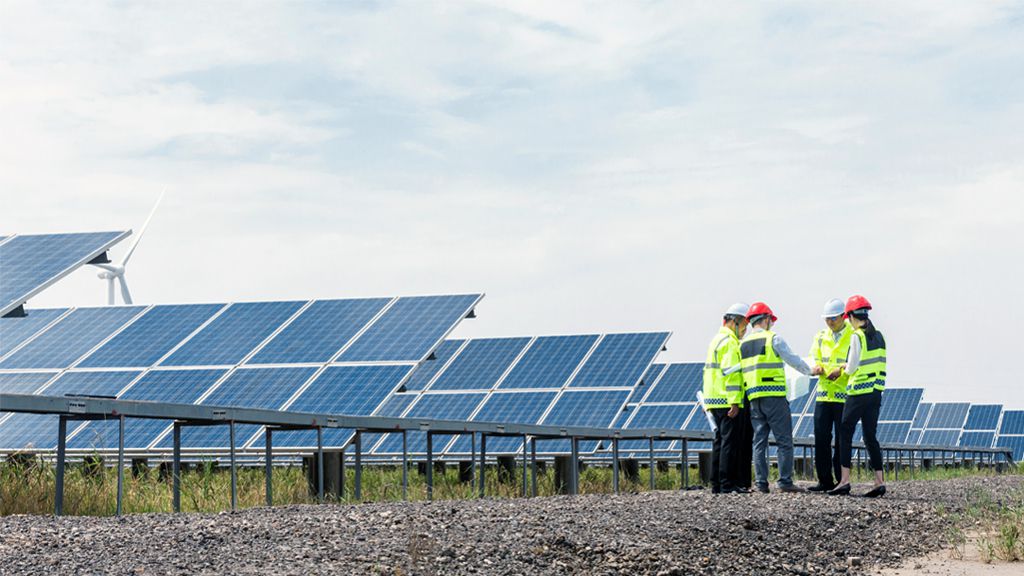Governments are increasingly recognizing their role in supporting corporate emissions reduction and incentivizing private-sector climate action.
LATEST

- Climate change, Energy, Finance sector development
- Agriculture and natural resources, Governance and public sector management, Health, Poverty, Social development and protection

- Economics, Finance sector development, Health, Social development and protection

- Energy, Governance and public sector management

- Climate change, Finance sector development

- Agriculture and natural resources, Climate change, Environment
Subscribe to our Newsletter
Stay updated with ADBI news, publications, events and opportunities.
About Asia Pathways
Asia Pathways is the blog of the Asian Development Bank Institute, exploring ideas and solutions for advancing sustainable and inclusive development in Asia and the Pacific.
